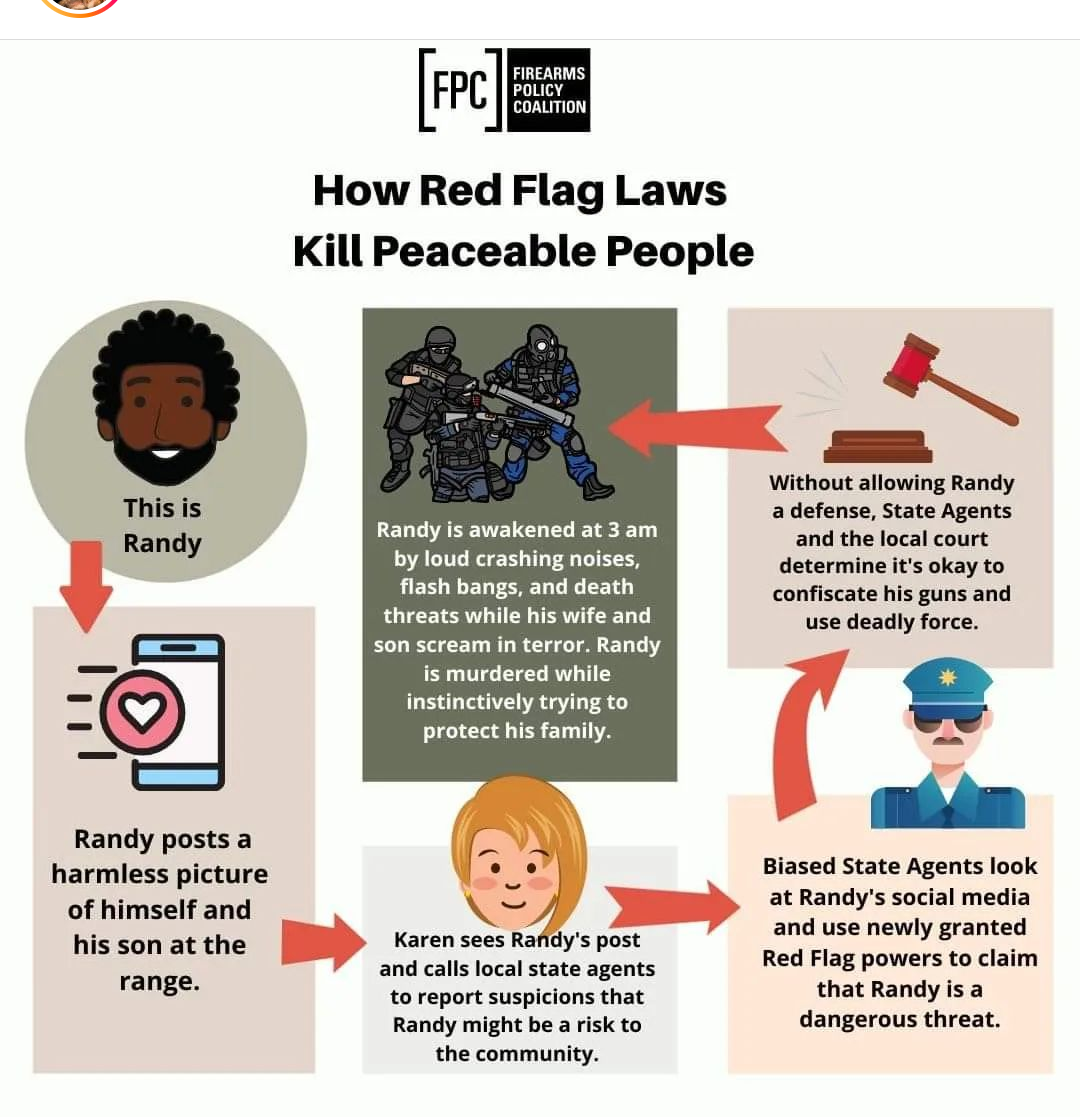Many thousands in America profess baptism as the evidence of salvation and even the means of salvation. It breaks the heart. This problem exists across the former Bible Belt and elsewhere. When asking the reason for men’s hope of eternity, we run across those professing baptism as their knowledge of salvation. In response, we can ask, why did you decide to get baptized?
We’ll look at three sections of Scripture often misapplied to salvation by baptism.
Acts 2:14-40 is a sermon preached by Peter at Pentecost. We’ll start in verse 36.
“36 Therefore let all the house of Israel know assuredly, that God hath made that same Jesus, whom ye have crucified, both Lord and Christ. 37 Now when they heard this, they were pricked in their heart, and said unto Peter and to the rest of the apostles, Men and brethren, what shall we do? 38 Then Peter said unto them, Repent, and be baptized every one of you in the name of Jesus Christ for the remission of sins, and ye shall receive the gift of the Holy Ghost.
– Acts 2:36-38
Starting in verse 14, Peter has preached the Gospel under the power of the Holy Spirit. This sermon was among Jews who had taken the curse upon themselves and their children for the blood of Jesus Christ (Matthew 27:25).
Jesus gave himself to be a ransom for all. On the cross, Jesus gave up the Ghost having commended His spirit back to the Father. The Holy Spirit of God makes the lost sinner aware of their sin and the cross.
Arriving at verse 37 of Acts 2, it says they were “pricked in their heart.” They were convicted of their sin and came to believe that Jesus was the resurrected Christ of God. What does the Holy Spirit by Peter tell them to do? Repent. Surely they couldn’t go back and un-crucify our Lord. And anyway, He is alive! He was resurrected! Repentance is a change of mind by a change of heart upon conviction. What’s to repent about? Being convicted (pricked) in their heart by the Holy Spirit, they have to change their mind about who and what Jesus is. They were to repent of the greatest sin of all, rejecting Jesus Christ after having heard the Gospel.
Next, Mark 16:16: “He that believeth and is baptized shall be saved; but he that believeth not shall be damned.”
Please read it carefully. Belief is the first thing. If you believe in Jesus, you are commanded to get baptized. If you have been baptized (or any other ceremony, rite, or ritual) without belief, you are damned because of your unbelief. “…he that believeth not shall be damned.” The function of the ceremony doesn’t damn you, nor does it save, a man is damned by unbelief, condemned already (John 3:18), and nothing can save their soul but faith in Christ (John 6:47). If you believe in Jesus, you should be baptized as soon as is practicable.
In First Peter chapter 3, start reading in verse 12. Context is king. We’ll take a look at a few things beginning from verse 16.
“16 Having a good conscience; that, whereas they speak evil of you, as of evildoers, they may be ashamed that falsely accuse your good conversation in Christ. 17 For it is better, if the will of God be so, that ye suffer for well doing, than for evil doing. 18 For Christ also hath once suffered for sins, the just for the unjust, that he might bring us to God, being put to death in the flesh, but quickened by the Spirit: 19 By which also he went and preached unto the spirits in prison; 20 Which sometime were disobedient, when once the longsuffering of God waited in the days of Noah, while the ark was a preparing, wherein few, that is, eight souls were saved by water. 21 The like figure whereunto even baptism doth also now save us (not the putting away of the filth of the flesh, but the answer of a good conscience toward God,) by the resurrection of Jesus Christ: 22 Who is gone into heaven, and is on the right hand of God; angels and authorities and powers being made subject unto him.” – 1 Peter 3:16-22
In 1 Peter, there is bad news and good news. The bad news is, for those thinking a tub of water can save their soul, 1 Peter 3 is written to believers about first-century persecution of the church. And some may not like this, but 1 Peter is probably written to Jews (1 Peter 1:18), although we can and should make application from this section of Scripture where appropriate.
The Gospel of Jesus Christ is woven into this book of Scripture by the Holy Spirit at the hand of Peter. In Chapter 1, verses 18-19, we learn that the audience of this letter is redeemed, believers.
In our text, we learn they have a “good conscience” (1 Peter 3:16); although they are spoken of as evil by persecutors, they are spreading the “good conversation” (the Gospel and manner of living) in Christ. They’re sharing the good conversation, proclaiming Christ in word and deed by the Holy Spirit, while being falsely accused of some evil thing. Americans are so far from this, but your day is arriving. If you haven’t already, you’ll soon face the choice: go underground or take the abuse. We pray you to do the latter keeping a good conversation in Christ.
As many sections of Scripture do, Peter looks back at the flood because it is constructive for teaching.
“But Noah found grace in the eyes of the Lord.” – Genesis 6:8. Two chapters before the flood Noah got saved the exact same way all men get saved, by the grace of Almighty God.
Although we believe the flood happened, the typology and symbolism of Noah and the flood are just that; not a mode of salvation but instruction in righteousness, lessons in His grace, and forgiveness toward those that love Him and keep His commandments. And well understood is the judgment against every living thing for all the world had turned to sin and violence (Genesis 6:11-13) rejecting Holy God. Noah, having been saved by the grace of God (Genesis 6:8), being a preacher of righteousness (2 Peter 2:5), the world was overflown by the flood as the judgment of God against the wicked. Those at the flood had told God to depart and that He couldn’t do anything for them; they had made themselves a god, condemning themselves to darkness and eternal death.
Here is 1 Peter 3:20-21 (no markings): “Which sometime were disobedient, when once the longsuffering of God waited in the days of Noah, while the ark was a preparing, wherein few, that is, eight souls were saved by water. The like figure whereunto even baptism doth also now save us (not the putting away of the filth of the flesh, but the answer of a good conscience toward God,) by the resurrection of Jesus Christ” – 1 Peter 3:20-21
Even if you say, wrongly, that Noah is the like figure and not the overflowing of water, Noah had already been saved by the grace of God before the flood. They were saved as a practical matter, not spiritual salvation, by having a boat. The flood buried the sins of that whole world, so too, the sins of the believer are symbolically (a like figure) buried with Christ in baptism (Colossians 2:12). Having been forgiven of our sin and saved by Jesus Christ, baptism is (the answer of a good conscience toward God); baptism is a figure of our salvation representing the death, burial, and resurrection of Jesus Christ for the believer.
You are in trouble if you’re relying on a tub of water to get you into the final resurrected estate. We beg of you not to rely on water baptism for salvation. Rely upon the earnest of the promise of the resurrection, which is the Holy Spirit in the heart and soul of the believer. Baptism is in response to a “good conscience toward God.” We’re sure the lost sinner is condemned for eternity (Romans 8:1), as in the days before the flood; what conscience does a lost man have toward God?
“Not the putting away of the filth of the flesh”!!! Salvation is not by quitting sin. You are a sinner; you can’t stop your own corruption, although the saved believer should try to live upright before God, seeking forgiveness all the day long, praying to holy God to deliver us from our desire to sin! Salvation is of the soul; the resurrection by the Spirit now is also a type of the resurrection of a new glorified (sinless) body.
“Therefore we are buried with him by baptism into death: that like [the believers baptism is a figure, type, or symbol] as Christ was raised up from the dead by the glory of the Father, even so we also should walk in newness of life.” – Romans 6:4
“that like” as Christ was buried into death and raised from the dead, baptism is a ceremony representing our burial (the old sinful dead man) with Christ and resurrection into a new spiritual life as His disciple. Baptism is a serious thing and a great celebration. It’s a first work of obedience toward Christ that God will honor and use to grow the newly converted.
This post is about the doctrine of salvation by grace, the hope being that it will help you who are assuming baptism is sufficient for salvation. Call upon the Holy One and be saved. And it may help you, who, as a witness for Jesus Christ, must account for the need of grace through faith to those souls putting their eternal hope in a ritual or rite with water. As the Lord’s Table does not save, neither does baptism; these are ordinances of observance for believers in the New Covenant.













